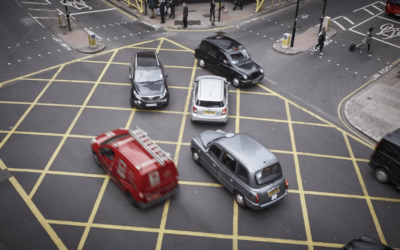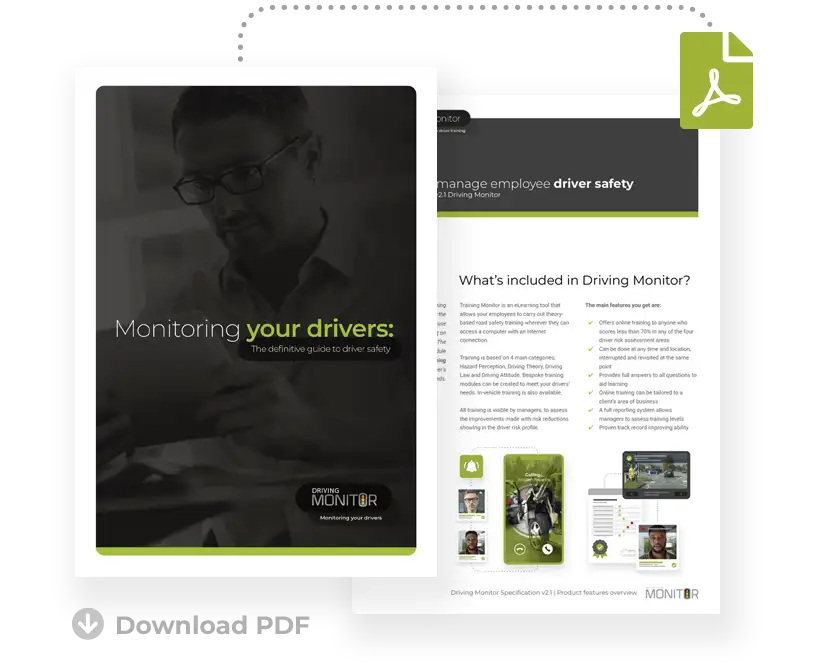New fleet registrations down by a third but can we really expect anything different?

Last month was the weakest October that the UK automotive industry has seen in nine years.
The 140,945 new car registrations recorded this October were 10% lower than the average October throughout the last decade. Private sales accounted for just 60,422 registrations, while the fleet sector was responsible for 57% of the entire market, with 80,523 new business registrations.
Which is actually just 3.1% fewer fleet registrations than this time last year.
These statistics, recently published by the Society of Motor Manufacturers and Traders (SMMT), might sound pretty negative on the surface, but we’re wondering what else the world really expects right now.
So let’s break down what’s causing the lower numbers before we get too downhearted.
The effects of the Welsh firebreak
Registrations took a hit when the Welsh firebreak was introduced on October 23rd. According to the SMMT, UK demand had actually got off to a good start in October, thanks to the release of new models and financial incentives. But when you consider the effect of the first UK-wide lockdown on new sales numbers? What happened in Wales this time around is hardly surprising.
The nation ended up recording 25.5% fewer registrations by the end of the month, but can we expect Welsh statistics to improve as restrictions loosen somewhat? We’ll find out soon.
What about English Lockdown 2?
The announcement of the English Lockdown at the end of the month had a similar effect on the market forecast for 2020. Prior to the announcement, the UK automotive industry had projected that 1.66 million new cars would be registered this year. Thanks to the closure of showrooms and dealerships in England throughout November, that number has been downgraded by 100,000.
That would mean around 750,000 fewer total registrations than in 2019 and the UK’s weakest year since 1982.
Hope on the horizon?
But is it all doom and gloom, really? Needless to say, the British automotive industry has had a tough year thus far. However, electric vehicle sales numbers indicate that there might be hope on the horizon.
Battery electric vehicles and plug-in hybrids saw a 12% share of the market this October; 7.5% more than in the same month in 2019. And it’s not just because sales of traditionally-powered cars have dropped dramatically, as 10,500 more new BEVs and PHEVs were registered than this time last year.
Obviously there’s still a lot of ground to make up. But as barriers to making the shift from vehicles powered by internal combustion engines to EVs continue to ebb away, could we soon be thanking the growing demand for stabilising the entire industry?
What do you think? Can the automotive industry recover slowly but surely once restrictions lighten once more? Is this a pinnacle moment in the shift towards EVs? And what are you doing to manage your fleet through these concerning times?
Click here if you’d like to read more about what fleet managers should be doing during Lockdown 2.










